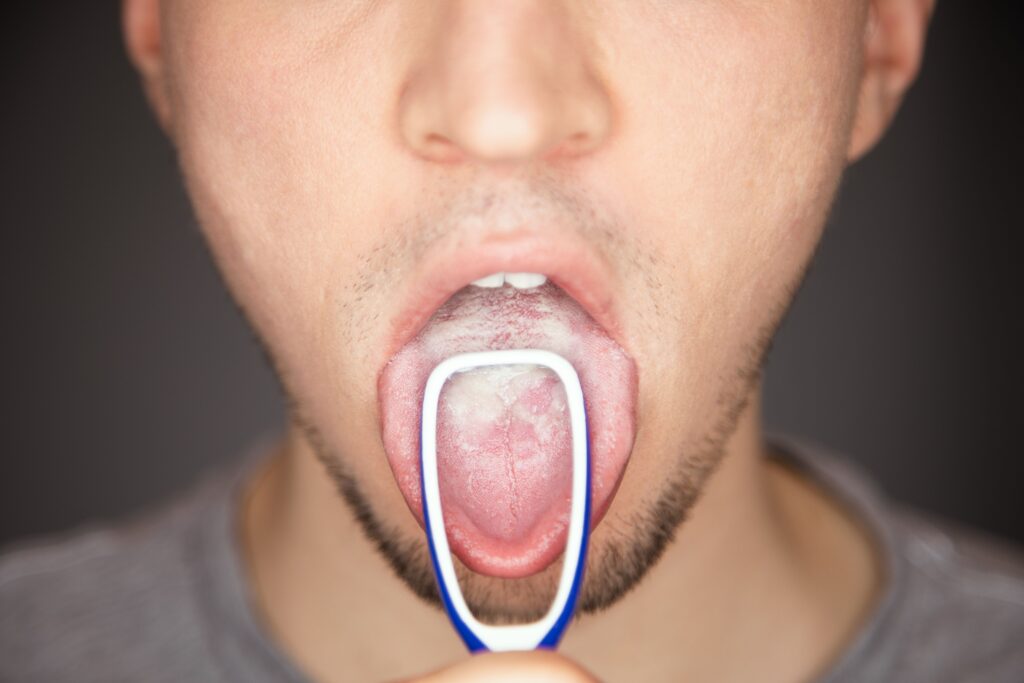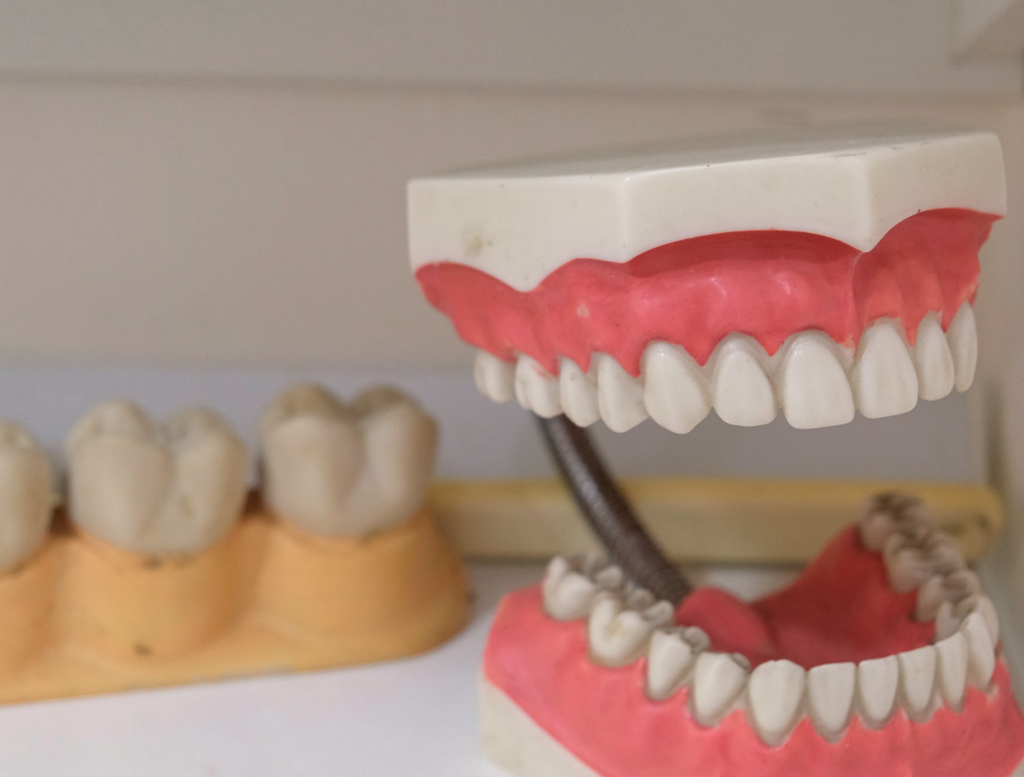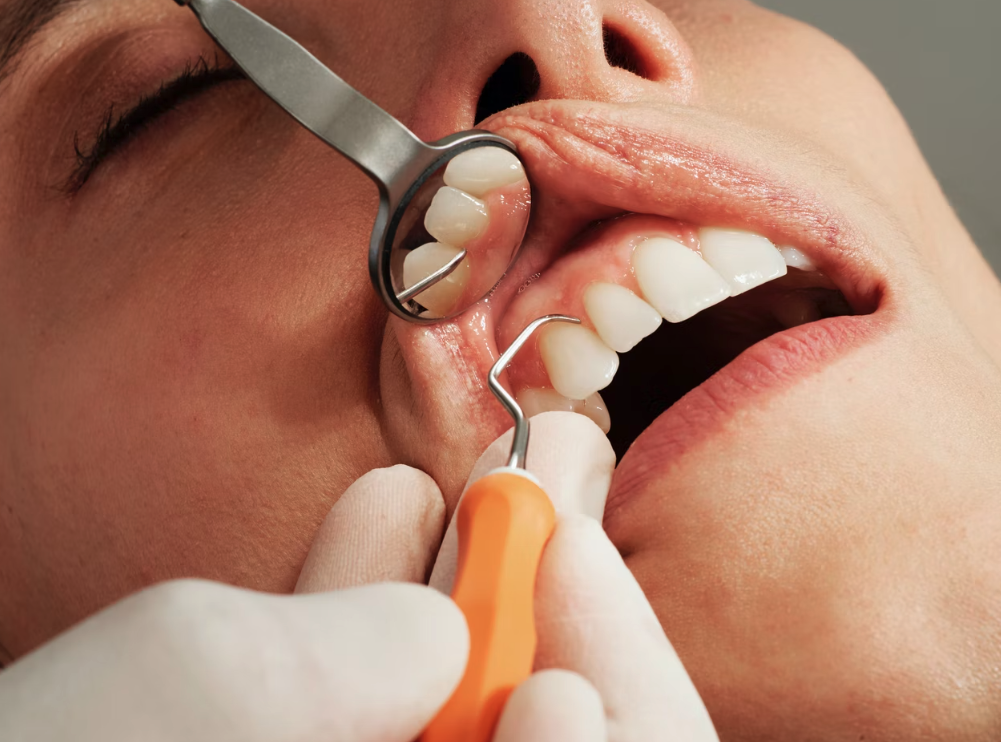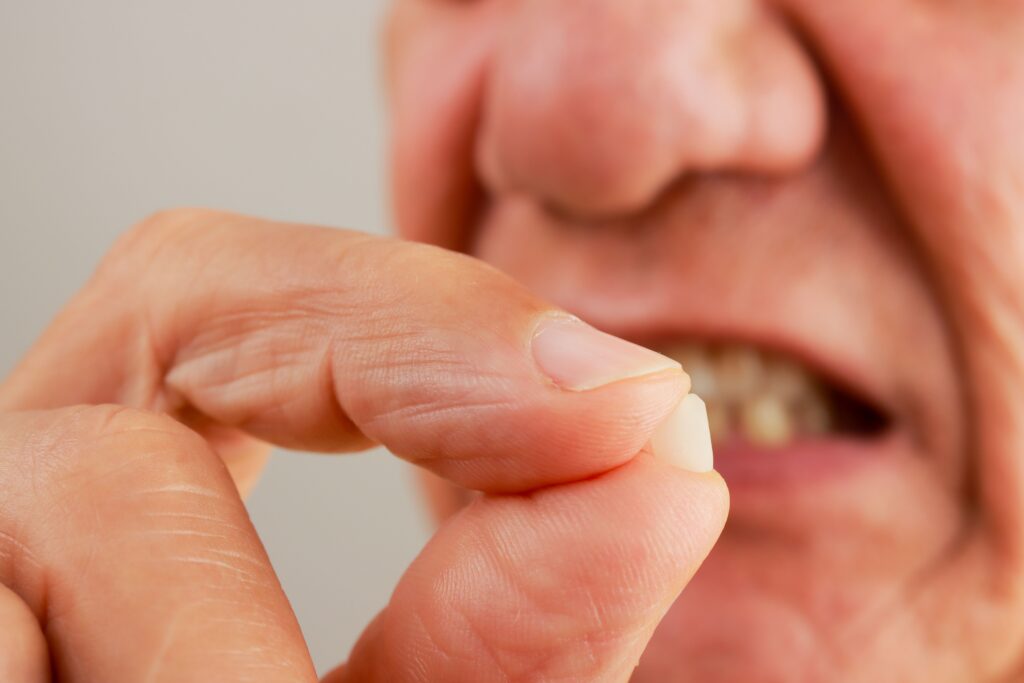If the idea of getting a dental filling makes you a little uneasy, you’re not alone. Many people have questions about what to expect and, of course, whether or not it’ll hurt. The truth? Most dental fillings are far less uncomfortable than people imagine, and advancements in technology and patient-focused care make the experience smoother than ever. At Family Tree Dental, your comfort comes first, and we’re here to answer your questions and help ease any concerns you might have.
Do Fillings Hurt? Here’s How It Feels
Getting a filling might sound intimidating, especially if it’s your first one. But in reality, most patients describe the experience as painless or only mildly uncomfortable. Here’s what you can expect during different phases of the procedure:
Before the Procedure
Your dentist will begin by preparing the area to ensure you don’t feel any pain. A topical numbing gel is applied to your gums, followed by a local anesthetic to desensitize the tooth and surrounding area. (You might feel a tiny pinch or slight pressure during the injection, but it’s over quickly!)
Once the anesthesia takes effect, the treated area will be completely numb. You might still feel sensations like slight pressure or motion, but there should be no pain.
During the Procedure
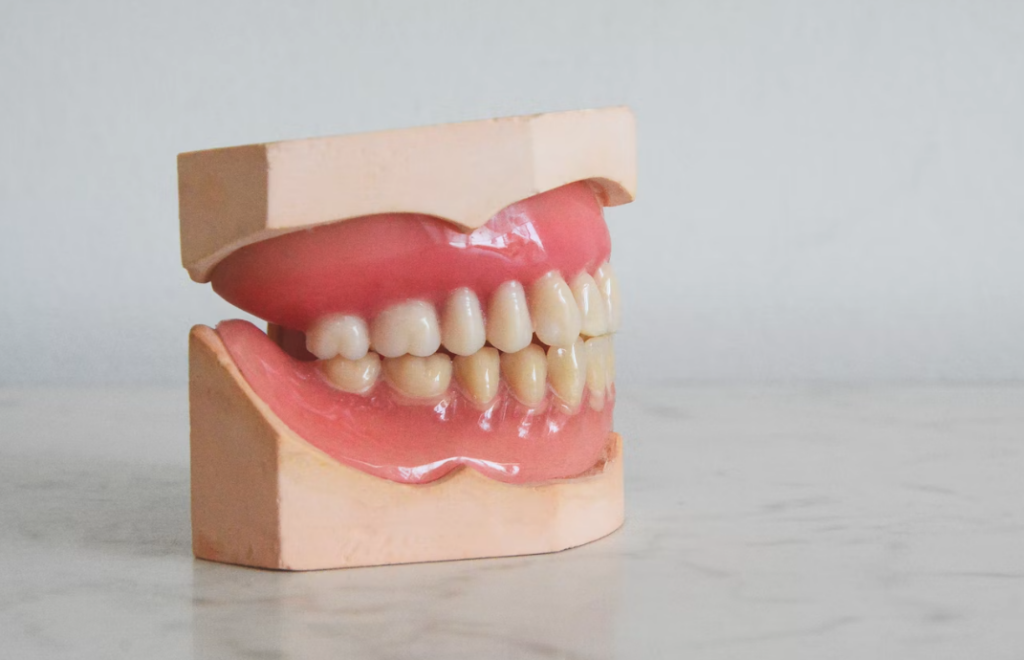
The dentist will carefully remove the decayed portion of your tooth using advanced tools designed for precision and comfort. You may hear a soft whirring sound from the equipment or feel gentle vibrations, but that’s about it. Throughout the entire process, your dentist will check in with you to make sure you’re feeling okay.
Sometimes, feeling nervous can make it seem like there’s more discomfort than there really is, so don’t hesitate to ask your dentist to explain what they’re doing. Knowing each step can help you relax!
After the Procedure
Once the filling is in place, you might experience some temporary sensitivity as the numbing wears off. For example, your tooth may feel a bit tingly when enjoying hot coffee or a cold glass of water. This sensitivity is normal and usually fades within a few days. Your dentist may also suggest toothpaste designed for sensitive teeth if needed.
If the anesthetic injection leaves you with a sore spot or your bite feels uneven, these are minor issues that can be quickly addressed. Most people resume their normal activities immediately after their dental appointment without any trouble.
Why Post-Filling Discomfort Happens
You might be wondering why some people experience sensitivity or mild aching after a filling. Here’s the inside scoop on what’s going on with your tooth:
- Adjusting to the Filling
Your tooth needs a little time to settle after the procedure. It can take a few days for it to get used to the new material and for your bite to feel “just right.” - Nerve Irritation
If the cavity was deep, the procedure might irritate the tooth’s nerve slightly. This irritation typically goes away as the tooth heals. - Anesthetic Effects
Once the area regains feeling, you might notice a slight ache where the injection was. This is temporary and nothing to worry about.
If discomfort persists for longer than expected, or if the pain worsens, contact your dentist. A simple adjustment or check-up can resolve the issue.
What Are Dental Fillings Made Of?
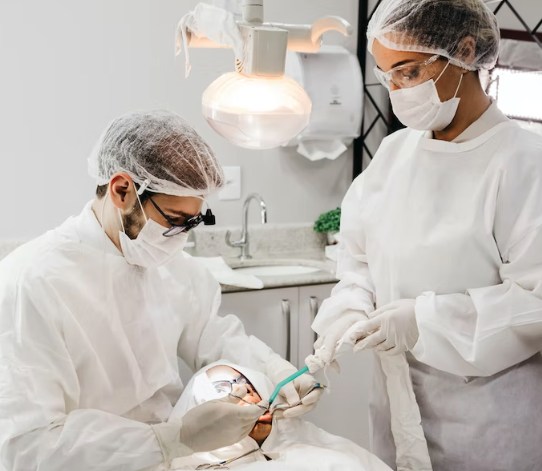
At Family Tree Dental, we offer several types of dental fillings to meet your needs and preferences. Here’s a quick look at the options:
- Composite Resin Fillings
These tooth-colored fillings blend in seamlessly with your natural teeth, making them a popular choice. They’re durable and less likely to cause post-procedure sensitivity. - Amalgam Fillings
Often referred to as silver fillings, amalgam is sturdy and budget-friendly. While they’re visible, they’ve been used for decades and are known for their long-lasting results. - Gold Fillings
Though less common these days, gold fillings are incredibly durable and can last decades with proper care. - Porcelain Fillings
Porcelain fillings are custom-made and durable, offering a natural-looking alternative for patients who want both strength and aesthetics.
Your dentist will guide you through choosing the best material based on your oral health, budget, and preference.
Taking Care of Your Filling
Want to keep your new filling in great shape? Here are some easy tips for aftercare:
- Avoid Hard Foods at First
After the procedure, it’s best to steer clear of very hard or sticky foods for the first 24 hours, especially if you have a temporary filling. This helps everything set properly. - Brush and Floss Gently
Take extra care when cleaning your teeth, especially around the treated area. A soft-bristle toothbrush and gentler approach go a long way. - Know When to Call Your Dentist
If your bite feels uneven, you notice persistent sensitivity, or something just doesn’t seem right, don’t hesitate to give the office a call. Your dentist can make simple adjustments to ensure your filling feels perfect. - Attend Regular Checkups
Routine dental visits help ensure your fillings stay in great condition and catch any early signs of issues.
The Family Tree Difference

At Family Tree Dental, we know that dental visits can feel daunting for many people. That’s why we’ve designed our patient care experience to prioritize your comfort.
- Relaxing Atmosphere
From gentle staff interactions to cozy blankets and calming music, we make sure every visit is as stress-free as possible. - Clear Communication
We take the time to explain each step and answer your questions, so you always know what’s happening. - Custom Comfort Options
For patients with dental anxiety, we offer sedation options to help you feel calm and relaxed during procedures. - Highly Skilled Team
With years of experience and a commitment to gentle care, our dentists ensure that every procedure feels easy and comfortable for our patients.
When to Contact Your Dentist
Sometimes, unexpected issues can arise after a filling. Here’s when you should give your dentist a call:
- You’re still experiencing significant sensitivity or pain after several days.
- Your filling feels loose or uneven when you bite down.
- You notice swelling or signs of infection, like fever or persistent throbbing pain.
Don’t wait. A quick call can get you the reassurance or quick fix you need to feel comfortable again.
Book Your Appointment Today
Whether it’s your first filling or you’re overdue for a dental checkup, Family Tree Dental is here to help. With locations in Marietta, Belpre, and Parkersburg WV, our friendly and expert team is here to make every part of your visit easy and stress-free.
From the moment you walk through our doors, we’ll prioritize your comfort, take the time to get to know your needs, and help you leave with a healthier, happier smile.
Take the next step toward better oral health. Call Family Tree Dental or schedule an appointment online today!
Your teeth deserve the best care, and we’re here to make sure you get it.



